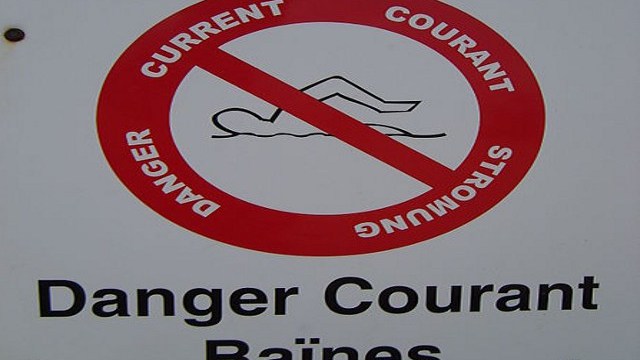10.1 Billion People by Century’s End

What’s the Latest Development?
Just twelve years after Earth’s population reached 6 billion, an estimated 7 billion people will inhabit the planet by late October of this year. Africa is growing so rapidly that its population, currently about 1 billion, could triple before the century’s end to 3.6 billion, according to a new report from the U.N. population division. Changes made to previous estimates reflect the slower-than-expected population decline in some poorer countries and an unexpected rise in birth rates in Western countries, including the U.S. One big caveat to the projections, says the U.N.’s Hania Zlotnik, is that the data assume natural resources to be as available by 2100 as they are now.
What’s the Big Idea?
It was previously thought that Earth’s population would stabilize to around 9 billion people by 2050—the projections were due in part to an anticipated leveling off of the developing world’s fertility rates. But new data contradicting those expectations begs questions about the sustainability of Earth’s resources and the ability of our political institutions to cope with such a rapidly rising population. Countries whose resources are already scarce, and where infant mortality rates are highest, will have the most children through the end of the century—assuming, that is, that resources remain as accessible tomorrow as they are today. Given current shortages and worries over global warming, however, that assumption remains questionable.





